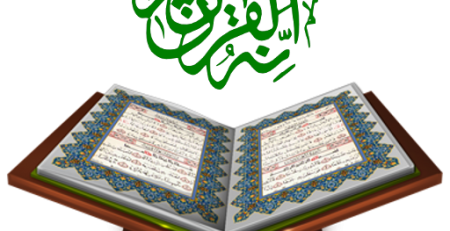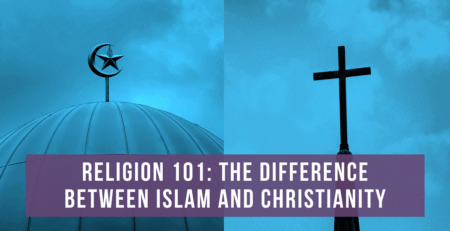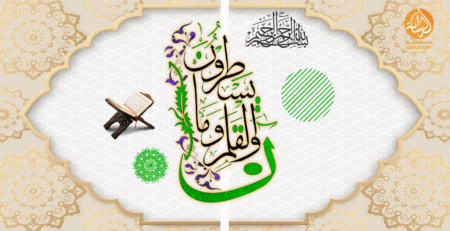Position of Women in Islam: Empowerment and Misconceptions, Women’s Role in Islam
Islam, one of the world’s major religions, is often subject to misconceptions regarding its treatment of women. The position of women in Islam is a topic of both controversy and misunderstanding. Contrary to popular belief, Islamic teachings emphasize respect and honor for women, despite the prevalence of practices such as veiling.
Introduction to the Position of Women in Islam
Islam, as a religion, holds a significant place for women within its societal framework. However, interpretations and practices vary widely across different cultures and communities. Understanding the position of women in Islam requires delving into its teachings, historical context, and contemporary realities.
The Concept of Veiling in Islam
Historical Perspective
The veil, or hijab, is often seen as a symbol of oppression by many in the Western world. However, its origins lie in early Islamic history, where it served multiple purposes beyond modesty, including protection from the harsh desert environment and as a marker of identity.
Symbolism and Meaning
For many Islamic women, the veil signifies a personal choice and adherence to religious values rather than oppression. It symbolizes modesty, dignity, and a commitment to faith. Islamic scholars emphasize the importance of intention behind wearing the veil, rather than viewing it as a tool for suppression.
Women’s Rights in Islam
Islam grants women a range of rights and protections within both familial and societal contexts. Contrary to misconceptions, Islamic law (Sharia) includes provisions for women’s inheritance, property rights, and financial autonomy.
Legal Status
Islamic law recognizes women as individuals with legal rights, including the right to own property, enter contracts, and seek legal recourse. The concept of guardianship, often misunderstood as control, is intended to ensure women’s protection and support within familial structures.
Education and Work
Islam places a strong emphasis on education, and women have historically been encouraged to seek knowledge. The Prophet Muhammad himself underscored the importance of education for both men and women. In contemporary times, many Muslim-majority countries have made significant strides in promoting women’s education and workforce participation.
Misconceptions Surrounding Women in Islam
Oppression vs. Empowerment
One of the most prevalent misconceptions about Islam is that it oppresses women. While cultural practices and interpretations may vary, Islamic teachings promote equality, justice, and respect for all individuals, regardless of gender. Many Muslim women view Islam as a source of empowerment rather than oppression.
Western Misinterpretations
Western media often portrays Muslim women as oppressed and voiceless, perpetuating stereotypes that do not accurately represent the diverse experiences of Muslim women worldwide. Such misinterpretations overlook the agency and resilience of Muslim women in navigating their faith and identity.
Women in Leadership Roles within Islamic History
Throughout Islamic history, women have held influential positions in various spheres, including governance, education, and scholarship. From the early Muslim community to the present day, women have played crucial roles as leaders, scholars, and activists, contributing to the advancement of society.
Contemporary Challenges and Progress
Despite the progress made in promoting women’s rights within Islamic societies, challenges persist. Cultural norms, patriarchal interpretations, and geopolitical factors continue to impact women’s lives in complex ways. However, grassroots movements, legal reforms, and increased awareness are driving positive change and empowering women across the Muslim world.
Conclusion
The position of women in Islam is multifaceted, shaped by historical context, cultural influences, and varying interpretations of religious texts. While challenges remain, Islamic teachings emphasize the dignity, rights, and responsibilities of women within society. It is crucial to recognize the diversity of experiences among Muslim women and challenge stereotypes that undermine their agency and contributions.
Unique FAQs
- Do all Muslim women wear the veil? While some Muslim women choose to wear the veil as an expression of faith, it is not a universal practice. Veiling customs vary widely among different Muslim communities and individuals.
- Are women allowed to work in Islam? Yes, Islam encourages both men and women to seek knowledge and contribute to society. Many Muslim-majority countries have women actively participating in various professions and industries.
- Does Islam promote gender equality? Islamic teachings emphasize the spiritual equality of all individuals, regardless of gender. While there are differences in roles and responsibilities, Islam advocates for justice, fairness, and respect for both men and women.
- How are women’s rights protected in Islamic law? Islamic law (Sharia) includes provisions for women’s rights, such as inheritance, property ownership, and legal recourse. These rights are designed to ensure women’s protection, autonomy, and well-being.
- What role do Muslim women play in society? Muslim women play diverse roles in society, including as educators, professionals, caregivers, activists, and leaders. Their contributions are integral to the social, economic, and cultural fabric of Muslim-majority countries and communities.










Leave a Reply